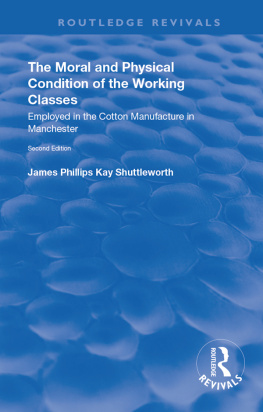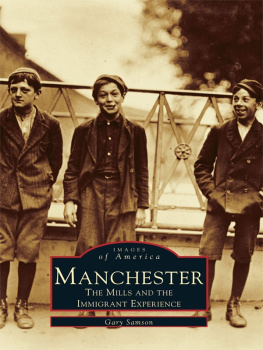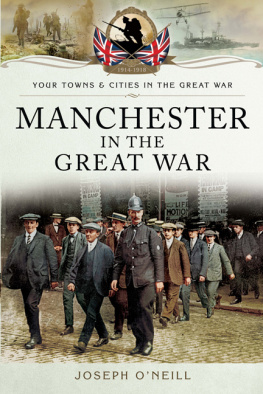James Philips Kay Shuttleworth - The Moral and Physical Condition of the Working Classes Employed in the Cotton Manufacture of Manchester: Employed in the Cotton Manufacture of Manchester
Here you can read online James Philips Kay Shuttleworth - The Moral and Physical Condition of the Working Classes Employed in the Cotton Manufacture of Manchester: Employed in the Cotton Manufacture of Manchester full text of the book (entire story) in english for free. Download pdf and epub, get meaning, cover and reviews about this ebook. City: London, year: 2019, publisher: Routledge, genre: History. Description of the work, (preface) as well as reviews are available. Best literature library LitArk.com created for fans of good reading and offers a wide selection of genres:
Romance novel
Science fiction
Adventure
Detective
Science
History
Home and family
Prose
Art
Politics
Computer
Non-fiction
Religion
Business
Children
Humor
Choose a favorite category and find really read worthwhile books. Enjoy immersion in the world of imagination, feel the emotions of the characters or learn something new for yourself, make an fascinating discovery.
- Book:The Moral and Physical Condition of the Working Classes Employed in the Cotton Manufacture of Manchester: Employed in the Cotton Manufacture of Manchester
- Author:
- Publisher:Routledge
- Genre:
- Year:2019
- City:London
- Rating:4 / 5
- Favourites:Add to favourites
- Your mark:
The Moral and Physical Condition of the Working Classes Employed in the Cotton Manufacture of Manchester: Employed in the Cotton Manufacture of Manchester: summary, description and annotation
We offer to read an annotation, description, summary or preface (depends on what the author of the book "The Moral and Physical Condition of the Working Classes Employed in the Cotton Manufacture of Manchester: Employed in the Cotton Manufacture of Manchester" wrote himself). If you haven't found the necessary information about the book — write in the comments, we will try to find it.
This book was originally published in 1832. Dr. James Philips Kay (later Sir James Kay Shuttleworth) studied medicine in Edinburgh and then began to practise in Manchester where he acquired a wide knowledge of working-class conditions and diseases. In 1831-2 he acted as secretary to the Manchester Board of Health which was set up to combat the threatened cholera epidemic, and it is thanks in part to the devoted labours of Kay and his colleagues that the epidemic in Manchester was less severe than in other cities.
This vividly written pamphlet embodies the fruits of Kay Shuttleworths experiences in the capital of the cotton kingdom. He describes the newly set up Boards of Health investigatings into the state of Manchesters poor, and enumerates the causes of their physical depression, with all its attendant moral degradation and predisposition to disease. As well as supplying statistics for pauperism, crime and mortality, Shuttleworth provides suggestions for improving working class conditions.
This is the best known of all the literature produced about workers ocnditions in the early nineteenth century, and is a work which has been widely quoted and used by both economic and social historians.
James Philips Kay Shuttleworth: author's other books
Who wrote The Moral and Physical Condition of the Working Classes Employed in the Cotton Manufacture of Manchester: Employed in the Cotton Manufacture of Manchester? Find out the surname, the name of the author of the book and a list of all author's works by series.












